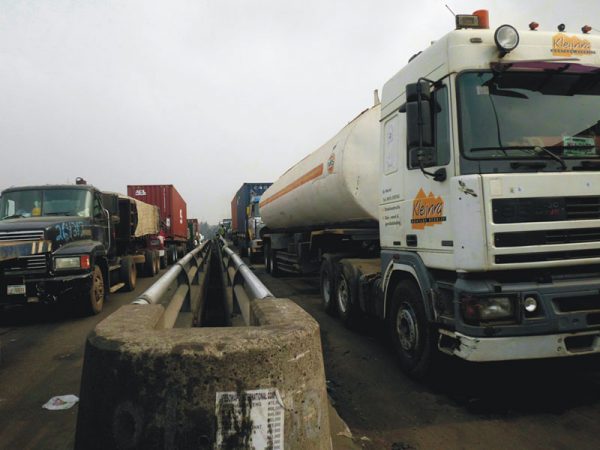Blue Economy, Transport Ministry Organize Digitization Training For Workers

To ensure that all categories of its members of staff could have practical hands-on capabilities to get letters, proposals, files, and other forms of documents received through their registries, un-bound, scanned, quality-checked, and indexed (the four critical stages of digitization), the management of the Federal Ministry of Transportation/Marine and Blue Economy has staged a two-day digitization training for workers.
The training was arranged through the Human Resources Management Department of the Ministry and executed by Centrifuge Consulting at the Nigerian Capital Market Institute, Abuja.
The benefiting staff of the Ministry were taken through the gamut of enterprise content management (ECM), which describes the state of information, documents, and file management in the ministry before and after the introduction of digitization to the entire business and departments of the entire ministry.
It should be noted that digitization started in the Federal Civil Service in 2019, and the situation that existed in the Service portend high chances of losing a document from a file or leakage of confidential information, significant loss of man hours due to difficulty in locating files/documents, high overhead costs from multiple duplications and distribution, and typically, paper-based archives/store become cumbersome as a repository for documents.
At this batch of training, not less than forty-five more staff from all the departments and units, especially those from the registry, were selected to benefit. Many of the Ministry’s staff have been trained, and these new crops of staff enabled the Ministry to be seen as foremost amongst the ministries, departments and agencies (MDAs) of the Federal Civil Service to have scaled the deployment of digitization.
So, with proper prosecution of the digitization training, the Federal Ministry of Transportation/Marine and Blue Economy would have benefited from positive information sharing, reduced storage space, efficient workflow, express search and retrieval, environmental friendliness, cost saving, support mobility, prevention of losses, security encryption, and disaster recovery.







